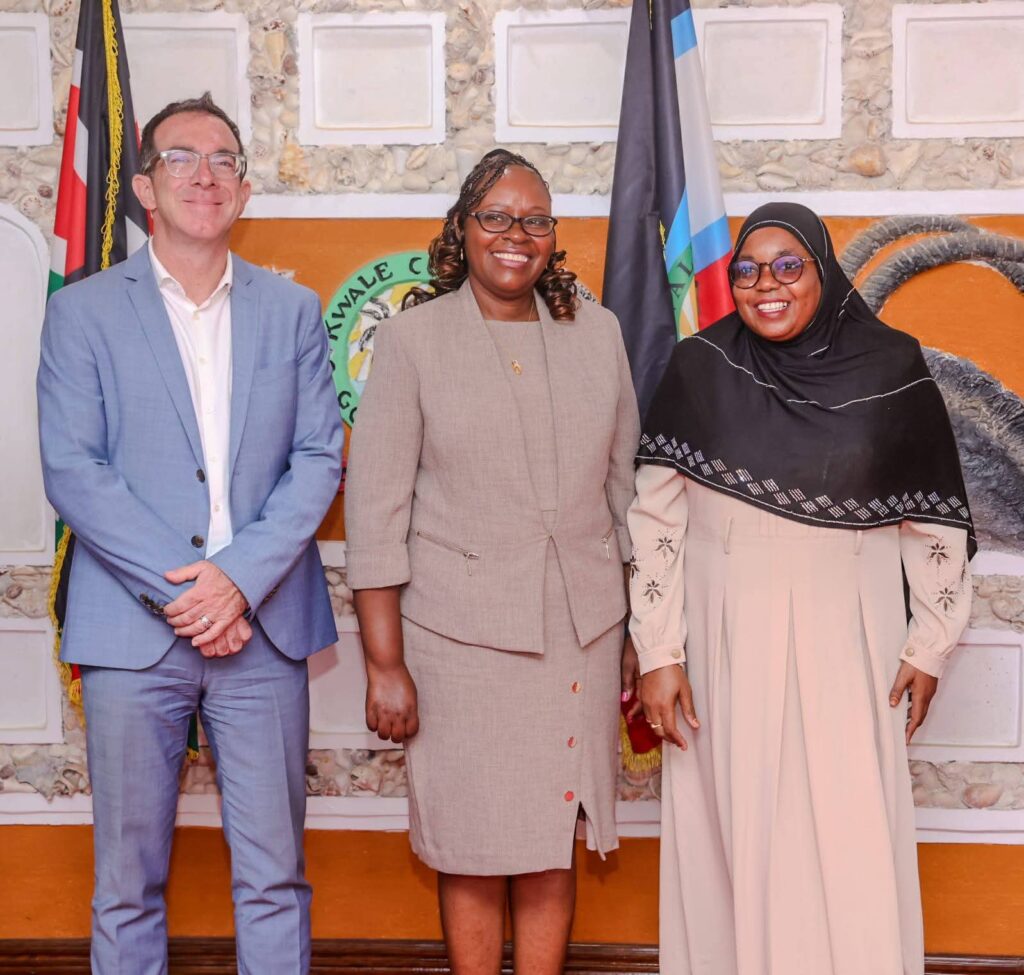The Ethics and Anti-Corruption Commission (EACC) has called on county governments to strengthen their mechanisms against graft in order to safeguard public funds.
EACC Deputy deputy chair Dr. Monica Muiru, said counties should put in place corruption prevention committees to detect risks, monitor sensitive areas, and close gaps that allow unethical practices to thrive.
“I urge all counties, particularly top leadership organs, to establish corruption prevention committees so that we can effectively seal the loopholes that fuel corruption and misconduct,” she said.
Dr. Muiru made the remarks on Thursday at Kwale County Headquarters in Matuga after a courtesy meeting aimed at discussing the formation and operationalization of a county corruption prevention committee.
The visit also included a training session for senior county officials on creating frameworks to curb corruption across different departments.
According to Dr. Muiru the training conducted by EACC experts in partnership with GIZ was designed to equip leaders with skills to identify corruption risks early, enforce integrity standards, and strengthen accountability structures within counties.
She emphasized that the EACC is dedicated to building the capacity of devolved units to fight graft effectively.
Dr. Muiru noted that corruption prevention committees would be instrumental in promoting integrity, transparency, and accountability, adding that corruption continues to be one of the greatest threats to effective service delivery.
She urged county leaders to set the pace by leading with integrity and stressed that tackling corruption requires collaboration between leaders and citizens.
Kwale Governor Fatuma Achani welcomed the initiative, noting that her government has consistently championed accountability and transparency.
She said the creation of county corruption prevention committees will complement the anti-graft measures her administration has already put in place.
“These committees will greatly strengthen our strategies against corruption and ensure that public resources are utilized for the benefit of our people,” Achani said.
The governor added that her administration has decentralized services to improve transparency in procurement and delivery and maintained a clear separation of powers between the county executive and the assembly to enable effective oversight.
Achani pledged to support the establishment of the committees without delay, saying they will escalate the fight against graft and nurture a culture of integrity across all county departments.
“My government is fully committed to working with EACC to ensure these committees are not only formed but also become functional,” she said.
GIZ Cluster Coordinator for Governance, Peace and Security, Thomas Ansorg, said corruption has long undermined public service delivery and development.
He noted that the proposed prevention committees will serve as watchdogs at the county level while reinforcing existing accountability frameworks.
“When you fight corruption at the source and prevent it from happening, citizens end up receiving better services,” he said.
Ansorg assured that GIZ will continue collaborating with EACC at both county and national levels to ensure corruption is decisively addressed.


